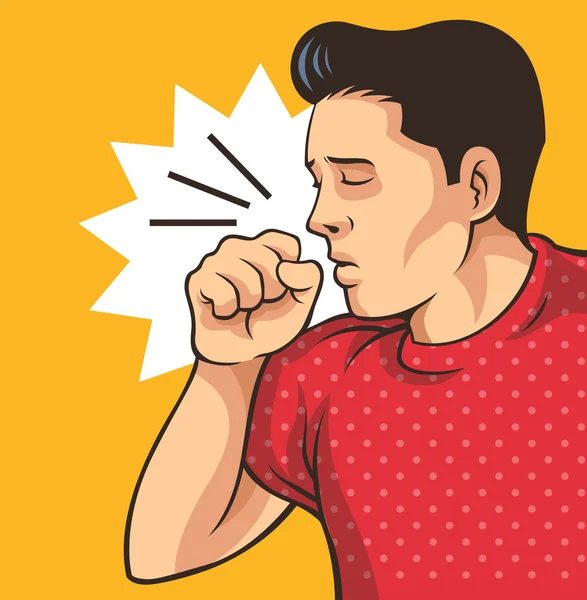4. Lifestyle Modifications:
Quit Smoking: Smoking is a major risk factor for respiratory problems, including chronic cough.
Limit Alcohol Consumption: Excessive alcohol consumption can irritate the throat and worsen cough.
Avoid Excessive Caffeine: Caffeine can dehydrate the body, leading to dry cough.
5. Over-the-Counter Remedies:
Cough Drops and Lozenges: These can soothe a sore throat and reduce coughing.
Expectorants: These medications help loosen mucus, making it easier to cough up.
Cough Suppressants: These medicines can help reduce the frequency of coughs, especially at night.
When to Seek Medical Advice:
Persistent Cough: If your cough lasts for more than a few weeks, consult a doctor.
Severe Cough: A severe cough that interferes with daily activities or is accompanied by other symptoms like fever, chest pain, or difficulty breathing should be evaluated by a healthcare professional.
Coughing Up Blood: This is a serious symptom and requires immediate medical attention.
By following these preventative measures and seeking medical advice when necessary, you can effectively manage your cough and improve your overall respiratory health.
